Federal appeals court declines to halt execution of Oklahoma death row inmates
A US federal appeals court has rejected a request for four Oklahoma death row inmates to stay their executions while they challenge the state’s lethal injection protocols.
Julius Jones, Wade Lay, Donald Grant, and Gilbert Postelle had filed a lawsuit, asserting that Oklahoma’s three-drug execution method causes pain and suffering that amounts to unconstitutional cruel and unusual punishment under the 8th Amendment.
They argued that the use of the execution cocktail that consists of a sedative called midazolam, vecuronium bromide, a paralytic, and potassium chloride, which is administered after the vecuronium bromide to stop the heart, is severely painful.
However, the 10th US Circuit Court of Appeals denied their request, calling the four inmates' execution sentence "constitutional."
The four “are not paying for their religious beliefs with their lives; at most they are forfeiting a delay in execution of a sentence that ... is constitutional in their case,” the panel wrote in its ruling.
The panel also noted that other courts, including the US Supreme Court, have upheld the use of midazolam.
Jen Moreno, an attorney for the four inmates, called the 10th Circuit’s ruling “inexplicable.”
“We’re kind of in the process of figuring out what’s next,” she told The Associated Press. “Our team is spending this weekend looking over the ruling.”
The four men are all scheduled to be killed in the coming months.
Their lawsuit came after Oklahoma administered the death penalty on African-American John Grant, 60, in October. On the gurney in the execution chamber, Grant began convulsing and vomiting after officials administered the midazolam.
The botched execution of Grant, who was put to death for the 1998 murder of a prison cafeteria worker, marked a deep embarrassment for Oklahoma that previously came under sharp criticism over a spate of flawed procedures.
No judicial killings had taken place in the state since 2015.
In 2018, state officials announced they would abandon lethal injections entirely over concerns about a lack of transparency and the inhumane executions that had taken place. But in August Oklahoma reversed that decision without an explanation.
People, faith, history, sovereignty: Unpacking Leader's latest speech and warning to Trump
US troops block Lebanese forces after drone downed at shared airbase: Report
As Iran, Russia conclude drill, ex-US Army officer warns of surprises
VIDEO | Press TV's news headlines
UN investigators: ‘Hallmarks of genocide’ found in Sudan’s El Fasher
UN rapporteur Albanese: Israel’s West Bank land grab 'will consolidate annexation'
Three Palestinians killed in Israeli raids on Gaza on first day of Ramadan
Hundreds of Dutch nationals served in Israeli military amid Gaza genocide


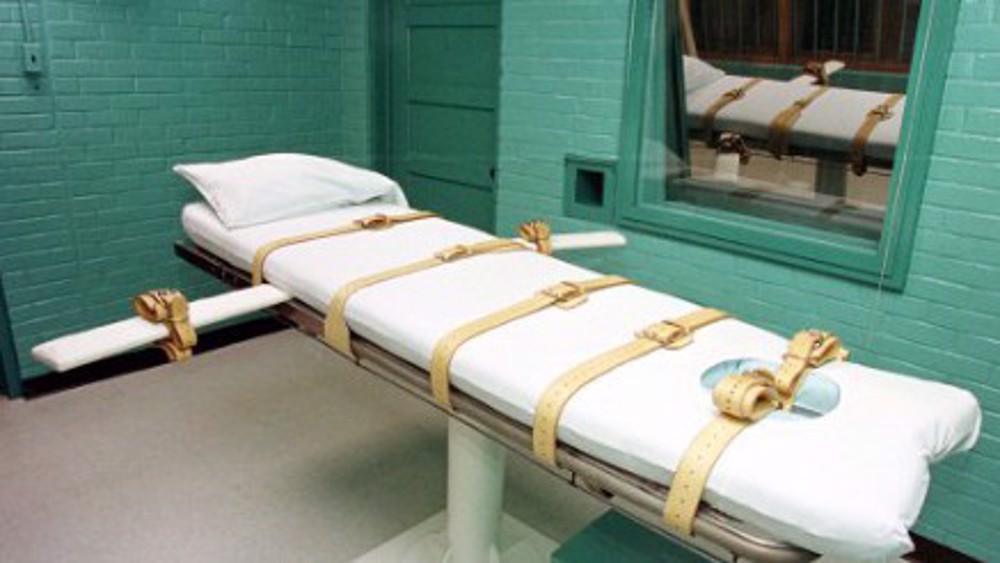
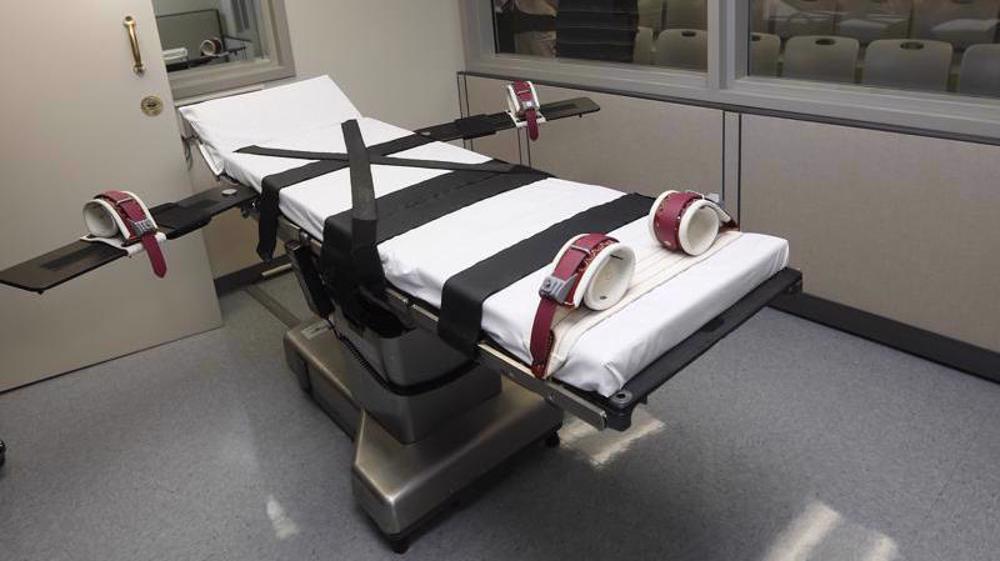
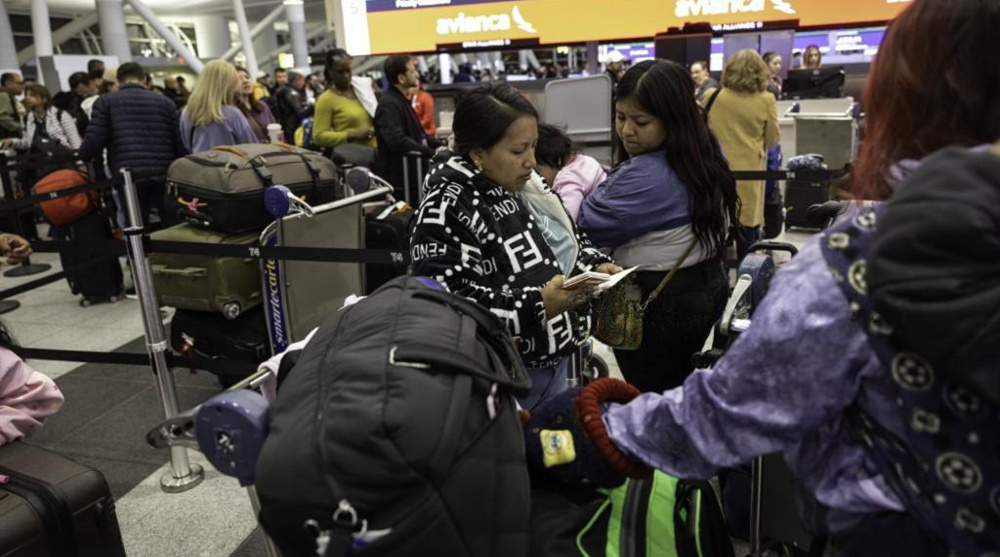
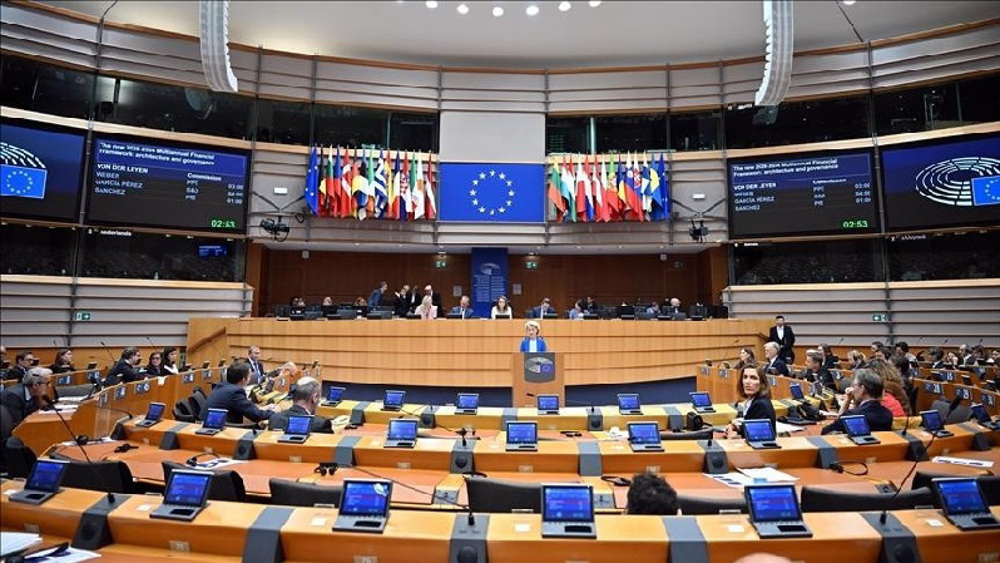
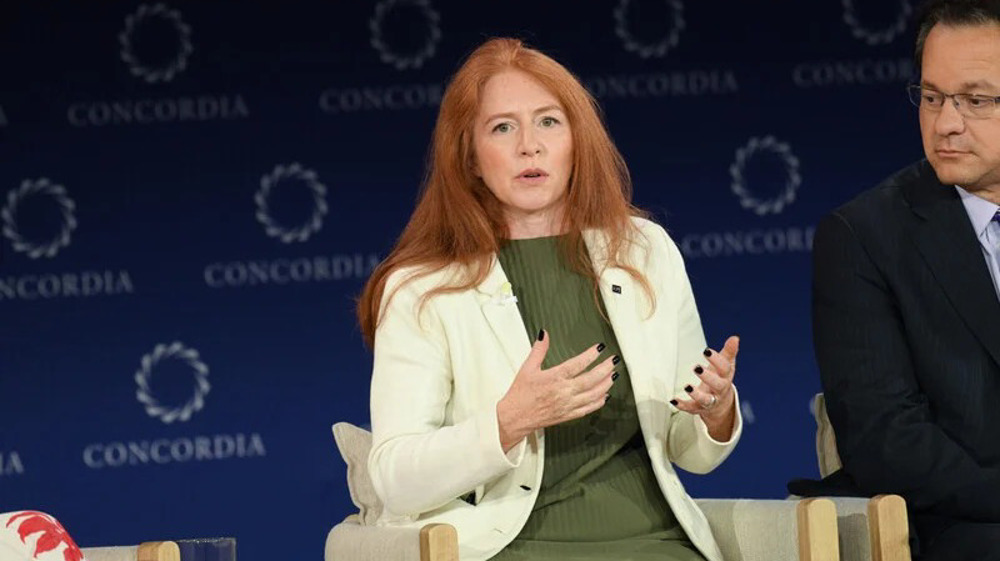




 This makes it easy to access the Press TV website
This makes it easy to access the Press TV website